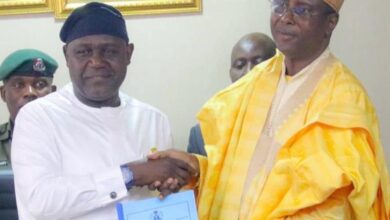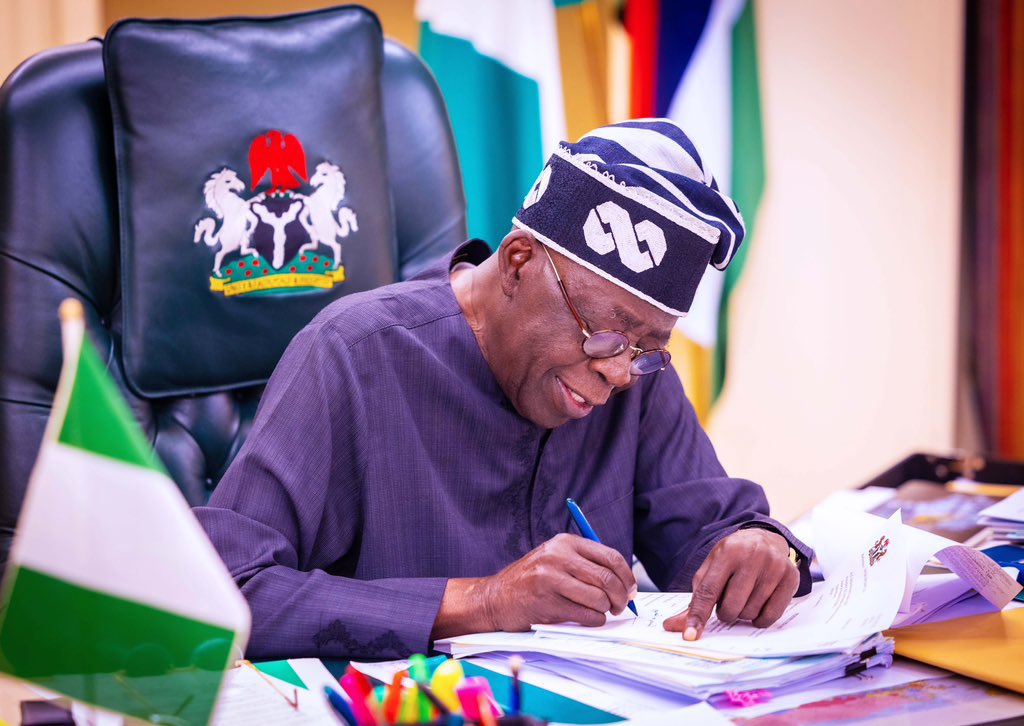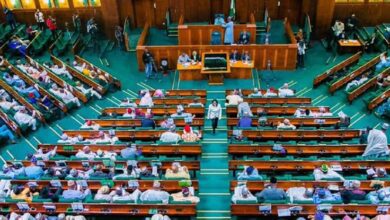Nigeria Needs N1trn To Lift Children Out Of Poverty- Report

The United Nations Children’s Fund (UNICEF) in collaboration with the Ministry of Budget and National Planning in a recently launched report has disclosed that Nigeria would need roughly 1 trillion naira to lift its children out of poverty.
Vice President of the Federal Republic Nigeria, Prof. Yemi Osinbajo launched the three reports titled “The Situation Analysis of Children in Nigeria”, “the Multidimensional Child Poverty Analysis in Nigeria” and “Monetary Child Poverty in Nigeria” on Friday, May 27, 2022.
Information from the Multidimensional Child Poverty Analysis using Multidimensional Overlapping Deprivation Analysis approach revealed that approximately 54 % of children in Nigeria were multidimensionally poor by facing at least three deprivations across seven dimensions of child rights including nutrition, healthcare, education, water, sanitation, adequate housing, and information.
It further showed that Multidimensional poverty in children was more prevalent in the rural (65.7 %) than urban areas (28.4 %). There were also high state disparities ranging from 14.5 % (Lagos) to 81.5 % (Sokoto).
Meanwhile, the monetary child poverty report showed that 47.4 % of children faced monetary poverty by living in households with expenditure less than N 376.5 a day. It also showed slight differences between boys (47.98 %) and girls (46.8 %) while there were high geographical and state disparities (from 6.5% in Lagos to 91.4% in Sokoto).
In Nigeria, according to the report 24.56% of children face extreme poverty by living in households that spend less than $1.90 a day. The analysis also indicated that the country would need as roughly as 1 trillion naira to lift children out of poverty.
Similarly, the Situation Analysis indicated that child poverty rate was highest among children aged 16– 17 years and least among children aged 0–5 years. It further noted that children were most affected by poverty because they are vulnerable, and that poverty has long-term impacts on the well-being of children, even into adulthood.
UNICEF Representative in Nigeria, Peter Hawkins while commenting on the analyses noted that the country was still far from defeating poverty:
“Data is critical for effective budgeting and decision making – and the data from these surveys together paint a picture of the situation for children and families in Nigeria.
“We still have a long way to go towards ensuring the well-being of children and families in Nigeria, with persistent multi-dimensional poverty being a crucial obstacle. The findings of these reports will help guide the federal and state governments as they plan their budgets – providing evidence for where more funds need to be allocated and wisely spent”, he said.
Speaking further on the benefits of the reports, Hawkins said: “It is clear that we need to pay special attention to planning and programming for children, based on the policy recommendations and calls to action contained in the reports.
“The data they provide offer a clear direction and key actions necessary for the realization of children’s rights in Nigeria.”
An analysis of the reports indicated the need for improved social protection measures to ensure that children were protected from risks, along with an expansion of access to much-needed social services. Whether looking at poverty from a monetary or non-monetary point of view, the data showed that children were more likely to live in poverty than other groups.






